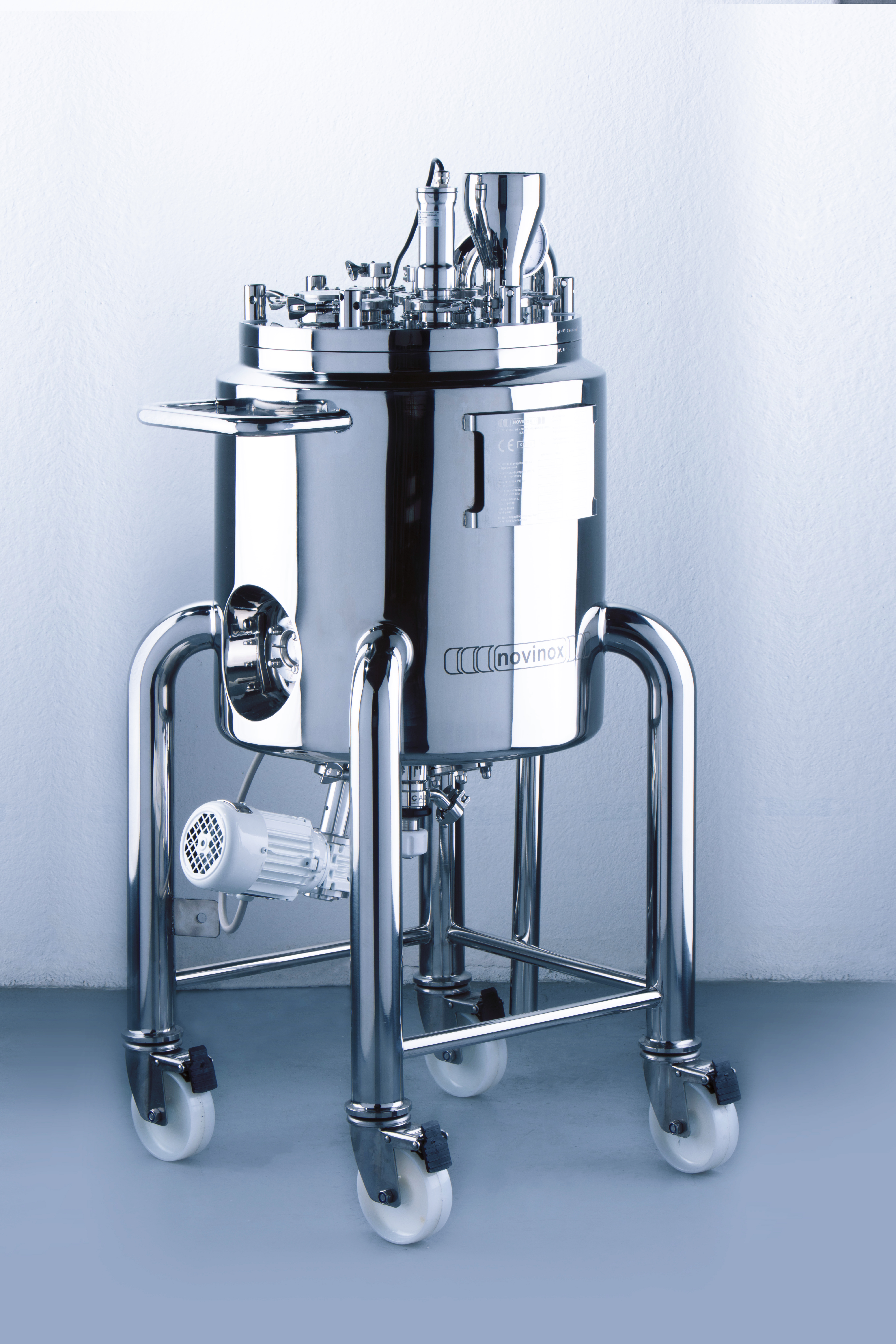Eisai Alzheimer’s drug authorised in UK but still faces obstacles
.png)
In partnership with BioArctic AB, pharmaceutical company Eisai has been granted Marketing Authorisation by the Medicines and Healthcare products Regulatory Agency (MHRA) for its Alzheimer’s disease drug product Leqembi.
Leqembi, generic name lecanemab, works by removing amyloid beta protein by selectively binding to aggregate species of the protein and neutralising them to clear the proteins from the brain. Amyloid beta proteins are considered a hallmark of Alzheimer’s disease, and is the target of several clinical trials aimed at treating the neurodegenerative disease. In trials, Leqembi demonstrated slowing of cognitive decline by a rate of 27% in Alzheimer’s patients compared with a placebo.
Leqembi is the first medicine of its kind – targeting the underlying cause of Alzheimer’s disease – to receive approval in a European country. It was previously rejected by the EMA for use in the EU. The MHRA’s approval was based on phase III data from a global clinical trial by Clarity AD, in which the primary endpoint and all key secondary endpoints were met with statistically significant results. Common adverse reactions in the trials were infusion-related reactions, amyloid-related imaging abnormalities with haemorrhage and/or cerebral edema, and headaches.
However, despite the approval, the National Institute for Health and Care Excellence stated that Leqembi’s high cost and need for intensive monitoring for side effects means “it cannot be considered good value for the taxpayer.” As a result, it is unlikely Alzheimer’s patients will be able to access Leqembi through the UK’s National Health Services (NHS), the region’s state-run health service. In the UK, it is estimated that up to 982,000 people live with dementia, with Alzheimer’s disease constituting 60-70% of those with dementia. This recommendation highlights the latest obstacles in the drug’s journey to approval and highlights the complexities of Alzheimer’s disease drugs. The companies involved did not disclose what information that would provide regulators.
Despite these hurdles, CEO of BioArctic Gunilla Oswald, who holds the right to commercialise Leqembi in the Nordic region and joint commercialisation in Europe pending approval, stated, “The decision from MHRA to authorise lecanemab is an important step forward for eligible patients in Great Britain who could now for the first time gain access to a treatment, which in studies has been shown to slow the progression of early Alzheimer’s disease. For Alzheimer’s disease patients, time is the most valuable asset, and access to new treatments has potential to offer them just that.”
Sources:
1. Leqembi (lecanemab) authorized for early Alzheimer’s disease in Great Britain [Accessed August 22, 2024] https://www.prnewswire.com/news-releases/leqembi-lecanemab-authorized-for-early-alzheimers-disease-in-great-britain-302228486.html
2. New Alzheimer drug deemed too costly for UK’s state-run health service [Accessed August 22, 2024] https://www.reuters.com/business/healthcare-pharmaceuticals/uk-patients-unlikely-get-access-eisai-biogens-alzheimers-drug-2024-08-22/
Related News
-
News US FDA adds haemodialysis bloodlines to devices shortage list
On March 14, 2025, the US FDA published an open letter to healthcare providers citing continuing supply disruptions of haemodialysis bloodlines, an essential component of dialysis machines. -
News Women in Pharma: Manufacturing personal and team success
Our monthly Women in Pharma series highlights the influential lives and works of impactful women working across the pharmaceutical industry, and how the industry can work towards making the healthcare industry and workplace more equitable and inclusive... -
News Pfizer may shift production back to US under Trump pharma tariffs
At the 45th TD Cowen annual healthcare conference in Boston, USA, Pfizer CEO Albert Bourla outlined the potential for Pfizer to shift its overseas drug manufacturing back to the US as pharmaceutical industry players weigh their options against Presiden... -
News Experimental drug for managing aortic valve stenosis shows promise
The new small molecule drug ataciguat is garnering attention for its potential to manage aortic valve stenosis, which may prevent the need for surgery and significantly improve patient experience. -
News Women in Pharma: Connecting accessible pharma packaging to patients – a Pharmapack Special
Throughout our Women in Pharma series, we aim to highlight how CPHI events encourage discussions around diversity, equity, and inclusion initiatives in the pharmaceutical industry. -
News Vertex Pharmaceuticals stock jumps as FDA approves non-opioid painkiller
UK-based Vertex Pharmaceuticals saw their stock shares soar as the US FDA signed off on the non-opioid painkiller Journavx, also known as suzetrigine, for patients with moderate to severe acute pain, caused by surgery, accidents, or injuries. -
News Trump administration halts global supply of HIV, malaria, tuberculosis drugs
In various memos circulated to the United States Agency for International Development (USAID), the Trump administration has demanded contractors and partners to immediately stop work in supplying lifesaving drugs for HIV, malaria, and tuberculosis to c... -
News 2024 Drug Approvals: a lexicon of notable drugs and clinical trials
50 drugs received FDA approval in 2024. The centre for biologics evaluation and research also identified six new Orphan drug approvals as under Biologics License Applications (BLAs). The following list picks out key approvals from the list, and highlig...
Recently Visited
Position your company at the heart of the global Pharma industry with a CPHI Online membership
-
Your products and solutions visible to thousands of visitors within the largest Pharma marketplace
-
Generate high-quality, engaged leads for your business, all year round
-
Promote your business as the industry’s thought-leader by hosting your reports, brochures and videos within your profile
-
Your company’s profile boosted at all participating CPHI events
-
An easy-to-use platform with a detailed dashboard showing your leads and performance









